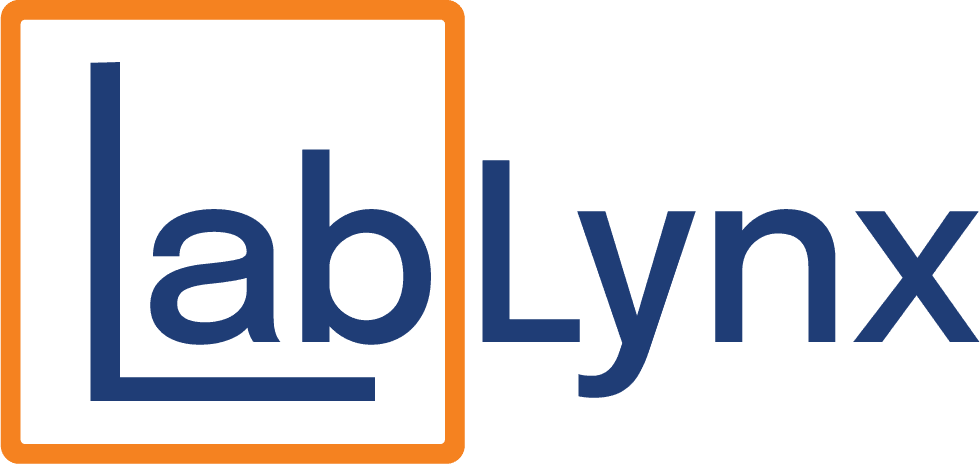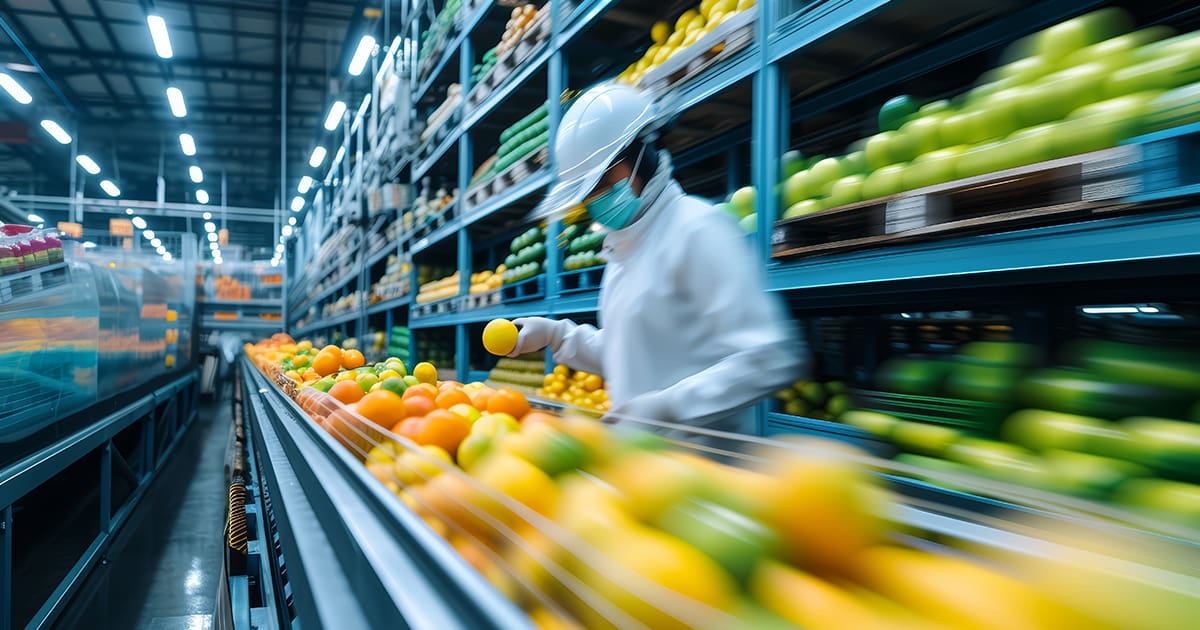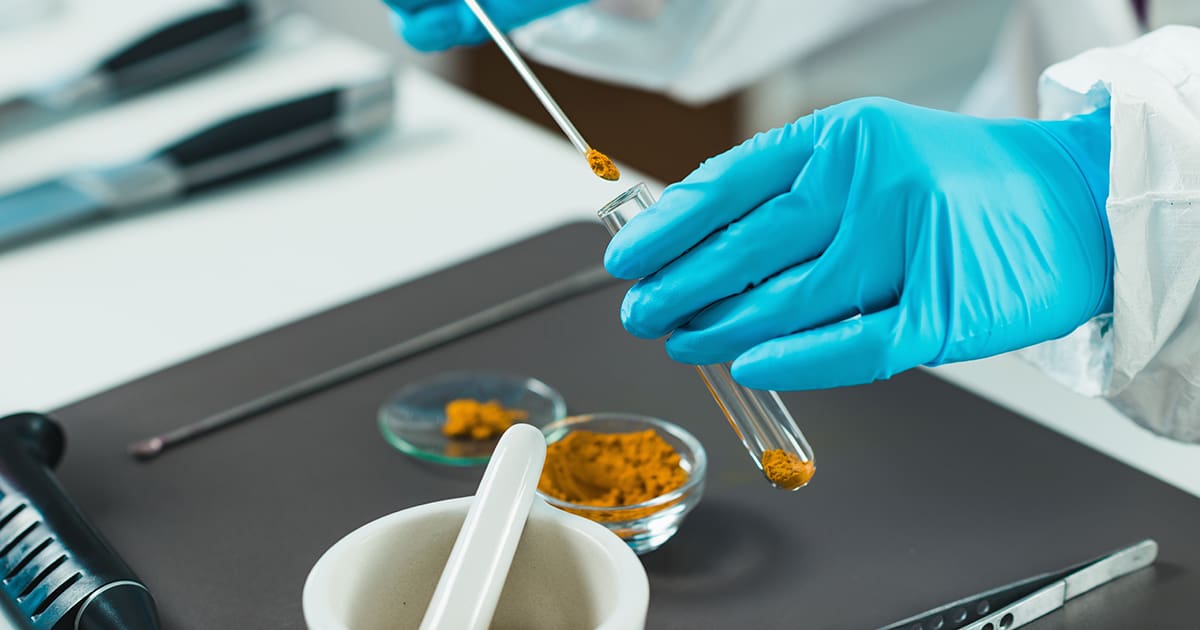
Food allergies affect millions of people worldwide, making allergen control one of the most important responsibilities in modern food safety. For food manufacturers, even trace levels of allergens can cause serious health reactions, trigger large-scale recalls, and erode public trust. Food labs are on the front line of protection, ensuring that every ingredient and finished product meets strict safety, labeling, and compliance standards. Reliable allergen testing programs are not only essential for consumer safety but also for maintaining regulatory compliance and brand integrity.
Why Allergen Testing Demands Unmatched Precision
Allergen testing is about more than detection—it is about prevention, validation, and confidence. Food labs must operate with exacting precision, ensuring that every test result can be trusted and every step in the process is traceable. Contamination can occur anywhere in production: from shared processing lines and mislabeled ingredients to inadequate sanitation procedures. Even a single oversight can compromise the safety of an entire batch.
To safeguard consumers, labs must balance accuracy, speed, and scalability. Many labs are now processing hundreds of samples per week for multiple allergens and matrices. This workload, combined with pressure to meet turnaround times, demands standardized workflows and reliable data management systems. Repeatability and transparency are key—not only for producing accurate results but also for building credibility with clients and regulators.
Regulatory Landscape and Testing Requirements
Regulatory agencies around the world, including the FDA, USDA, and EFSA, have made allergen control a cornerstone of food labeling and manufacturing. The U.S. Food Allergen Labeling and Consumer Protection Act (FALCPA) and the more recent Food Allergy Safety, Treatment, Education, and Research (FASTER) Act mandate strict disclosure of major allergens, including milk, eggs, peanuts, tree nuts, wheat, soy, fish, shellfish, and sesame.
Each region and product category has its own compliance framework, making documentation and data integrity critical. For laboratories, this means ensuring every sample is traceable, every method validated, and every result reproducible under audit. Regulatory compliance is not a one-time milestone—it is an ongoing process of continuous improvement and verification.
Methods and Technologies in Allergen Testing
Food safety labs use a variety of analytical methods to detect allergens in complex food matrices. Each technique has its strengths, and choosing the right combination depends on the type of allergen, processing method, and matrix composition.
- ELISA (Enzyme-Linked Immunosorbent Assay): The most widely used method for allergen detection, providing high sensitivity and quantitative results. Ideal for routine screening of known allergens in raw materials and finished goods.
- PCR (Polymerase Chain Reaction): Detects allergen DNA, allowing identification even when proteins have been denatured during processing. Often used for confirmation or cross-verification of ELISA results.
- Mass Spectrometry (LC-MS/MS): A powerful confirmatory technique capable of identifying multiple allergens simultaneously in highly processed or complex foods.
Regardless of method, all results must be managed, stored, and reported with complete chain-of-custody control. Each dataset must be verifiable, timestamped, and linked to the analyst, instrument, and batch to ensure regulatory defensibility. This is where strong laboratory management systems make the difference between compliance and chaos.
Data Integrity and Workflow Challenges
Despite advances in instrumentation, many food labs still rely on outdated manual processes for sample tracking, data entry, and report generation. Spreadsheets and shared drives may seem convenient but can create significant risks. A single transcription error, lost record, or unvalidated change can jeopardize results and expose the lab to regulatory action.
Fragmented data management also makes it difficult to monitor quality trends or identify recurring issues. Without centralized control, labs may struggle with inconsistent SOPs, unverified results, and inefficient communication between analysts and managers. Over time, these issues can lead to bottlenecks, wasted resources, and reduced client confidence.
How LabLynx Lab Management Solutions Strengthen Food Safety Labs
LabLynx helps food safety laboratories overcome these challenges through advanced, purpose-built Laboratory Management Solutions designed to streamline allergen testing and compliance. By connecting people, instruments, and processes within a unified digital platform, LabLynx delivers the efficiency and traceability modern labs demand.
With LabLynx, food labs can:
- Track samples end-to-end: Manage every sample from intake to reporting with complete audit trails and real-time visibility.
- Automate data capture: Integrate ELISA, PCR, and LC-MS/MS instruments directly into the system to eliminate manual entry and reduce human error.
- Standardize workflows: Enforce validated SOPs and QC steps for every analysis to ensure repeatability and accuracy across the organization.
- Maintain compliance with ease: Generate audit-ready documentation, electronic signatures, and controlled record versions for every client or inspection.
- Report efficiently: Produce certificates of analysis, management dashboards, and regulatory summaries at the click of a button.
LabLynx also provides dedicated implementation and support teams that understand the daily realities of food testing labs. Whether you need to expand your test menu, validate a new method, or scale to meet higher demand, our experts ensure your system evolves alongside your operations. This level of proactive partnership helps labs maintain accuracy, reduce downtime, and stay audit-ready year-round.
The Future of Allergen Control
As food supply chains become more global and complex, allergen control will only grow in importance. Emerging technologies such as predictive analytics, machine learning, and IoT-enabled sensors are transforming how laboratories detect and prevent contamination. Real-time monitoring and digital data integration are quickly becoming the new standard for food safety compliance.
Forward-looking labs are adopting AI-driven analytics to identify contamination trends before they become problems. By connecting supplier data, production metrics, and test results, they can pinpoint risks faster and prevent costly recalls. The labs that embrace these innovations will lead the industry in efficiency, transparency, and consumer trust.
Protect Consumers and Strengthen Your Program
Allergen testing is more than a regulatory requirement—it is a moral and operational responsibility to protect consumers and brands alike. Food labs that invest in strong processes, reliable technology, and expert support set the standard for safety and performance. With LabLynx Lab Management Solutions, your team gains a powerful ally that enhances accuracy, compliance, and productivity from sample to certification.
Empower your food lab with a system designed for confidence, speed, and safety. From allergen testing to full food quality assurance, LabLynx delivers the visibility and reliability your laboratory needs to protect every bite and build lasting trust.
Accelerate Your Lab's Success & Experience LabLynx
"*" indicates required fields
Explore the LabLynx Suites
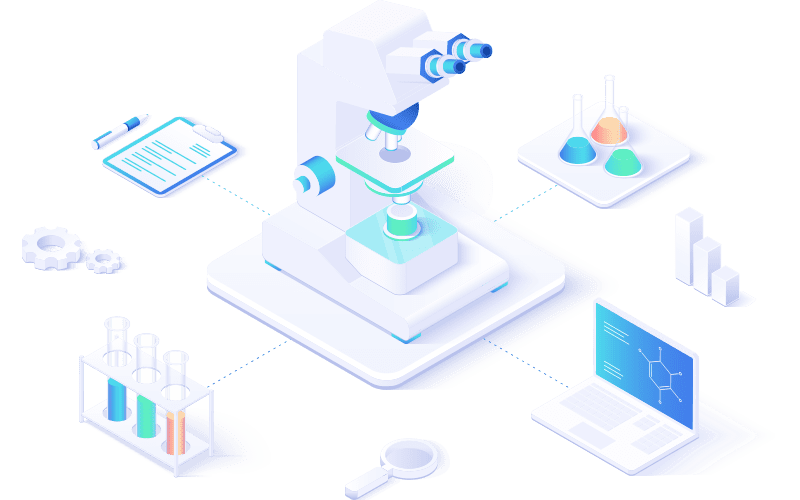
LIMS Suite
Seamless Sample and Workflow Management
The LabLynx LIMS Suite empowers laboratories with the tools needed to manage samples, workflows, compliance, and more in one centralized system. It’s the backbone for labs seeking efficient, reliable, and scalable management solutions.
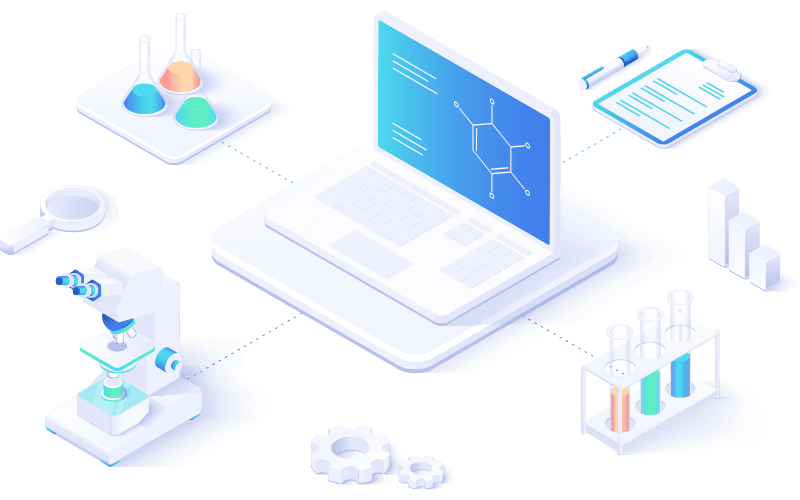
ELN Suite
The LabLynx ELN Suite offers a modern approach to managing lab data and experiments. With its secure, intuitive platform, your team can record, store, and collaborate effortlessly, supporting innovation every step of the way.
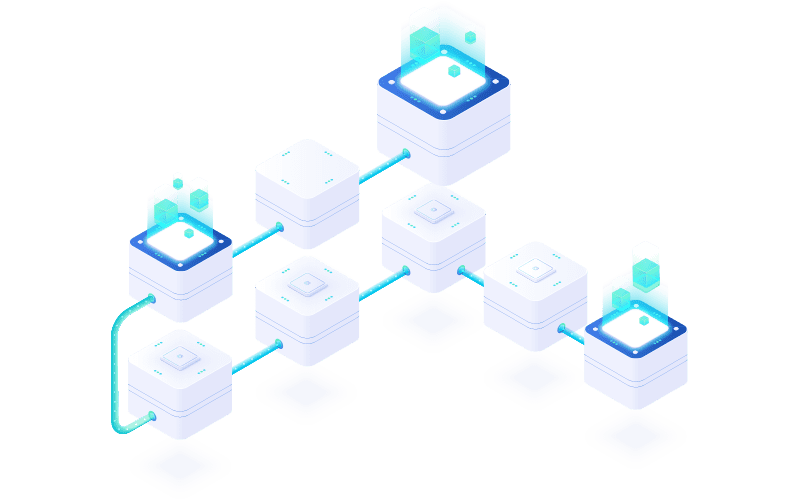
Lab Automation
Automate for Efficiency and Growth
Streamline operations and boost productivity with the LabLynx Lab Automation Suite. Designed for labs ready to embrace advanced automation, this suite integrates systems, instruments, and workflows to deliver efficiency at scale.
